Attendees for a drag brunch at Elysian Brewery in Capitol Hill packed the house this past Sunday, Apr. 30. When the time neared 1:30 p.m., host Londyn Bradshaw (she/they) took to the floor, met with applause that indicated her anticipated arrival from fans.
Effortlessly handling the audience’s energy, she began to go on with the show, announcing each queen that took to the dining hall floor. The two billed queens, Dion Dior Black and Cookie Couture, both close friends with the host, sashayed past the small aisles in between tables. After each had their own prominent solo time to dance, other queens performed throughout the two and a half hours of brunch service.
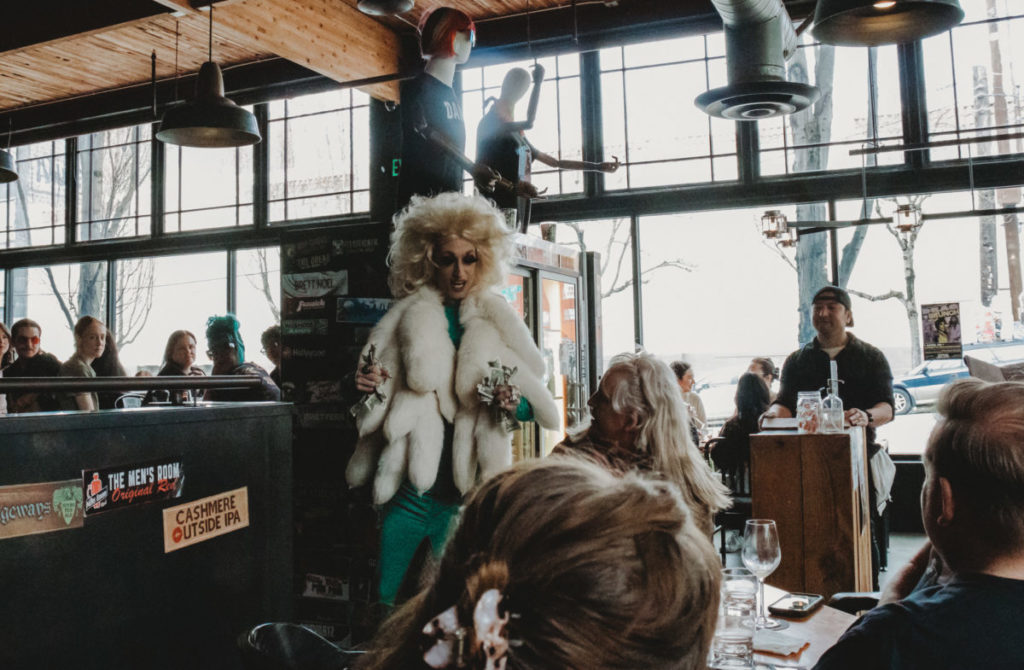
Cookie Couture (she/her), Seattle drag queen, sits in front of me across the table. In the background, muffled versions of famous pop songs, sung by the likes of Cher or Lady Gaga, create a static atmosphere for brunch-goers coming to see the queens. Cookie wears a black hoodie with a forest green smiley face button. Her makeup is done up, giving a small peek as to what to expect from her performance.
We start the conversation with how long she has been doing drag. She recounts her many years of performing, recently celebrating an eight-year anniversary. She details how drag can awaken truth within someone new to the culture. While diving deeper into the experience, it’s easy to detect the passion she has for the culture.
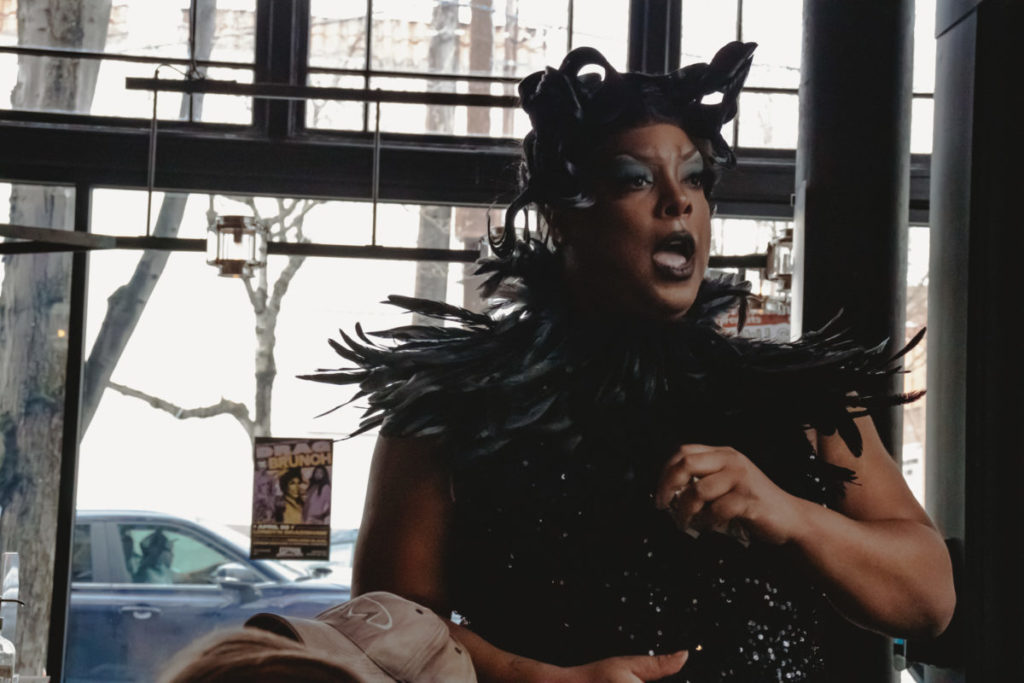
Londyn made connections with the audience, asking if any of them had been to a drag brunch at Elysian, or if this was their first ever drag performance. The hands raised varied for each criteria. After making jokes here and there, Londyn touched upon the current political climate drag performers are undergoing. Drag performers often advocate for trans people, who face harsher circumstances introduced by bills that attack their overall wellbeing. They know when to use their platforms for issues that matter not only to them, but the LGBTQ+ community as a whole. There are more and more drag performers these days that identify as trans, creating more paths for performers who take refuge within a culture that is constantly evolving, resembling identities that continue to flow and take on newer forms.
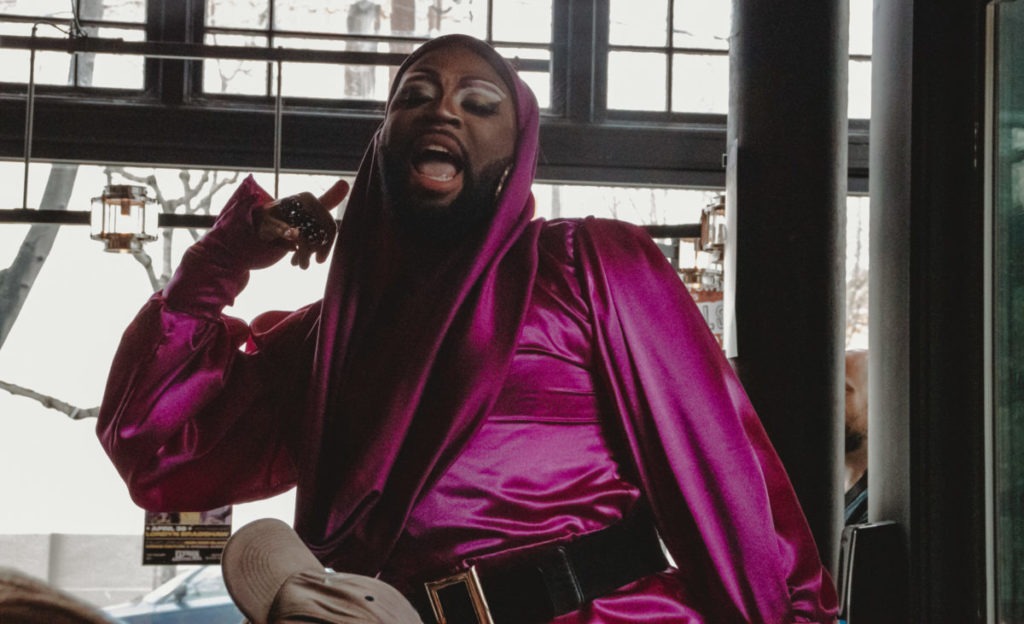
Anti-LGBTQ+ Bills
Currently, we sit at around 469 bills that create major challenges, not only for drag performers, but transgender people as well. The governor of Idaho recently signed a bill that requires people to use public spaces, such as restrooms and locker rooms, in accordance with their biological sex.
Right-led news media outlets have been ongoing in their attack towards drag queens over Drag Story Hour, agreeing with governors, like Ron DeSantis, who have been making it a point to ban age appropriate drag events. “It’s the kind of media coverage that seems to really be focusing on drag and trans people,” Cookie says in reference to the way media outlets have been handling the information. “Maybe these people feel like it’s being shoved down their throats, but really, it’s not.”
Cookie has done Drag Story Hour for younger audiences, being invited by local libraries as well as some churches that proudly express open ideals towards a community that is often shutout in the name of moral decency.
Much of the scrutiny comes from republicans deeming age-appropriate drag activities as something perverse. This has been an ongoing issue that right-wing leaders have vocalized with little to no evidence to back it up. The majority outcry comes from conservative-led states where gun violence has been raised as a public issue by citizens, not drag performances.
When talking about this to Cookie, she points out, “It just seems so stupid to me that this is the thing that they’re set on. I mean things like gun violence are so incredibly scary.”
Since the start of 2023, there have been 185 mass shootings in the United States, according to the Gun Violence Archive.
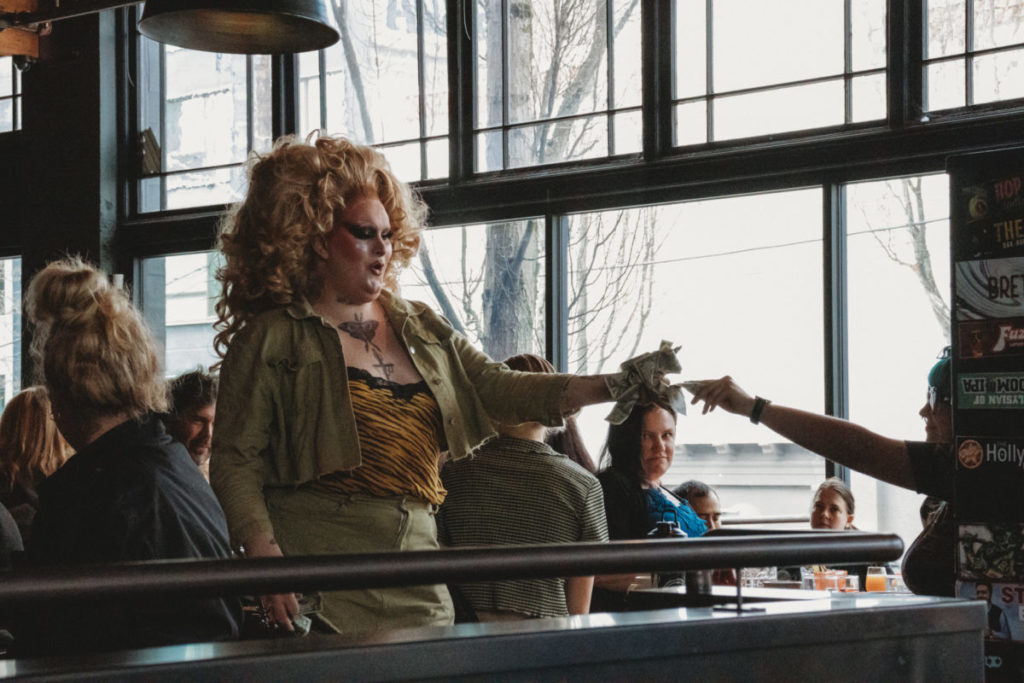
Community Queer Spaces
During one of her speeches, Londyn stressed the importance of safe space, showing how unity during space closures is important, or how neighborhoods that once held the safest gatherings for queer folk have ended abruptly due to the combination of COVID-19, financial struggles, and gentrification.
When asking Cookie about how drag has evolved during their eight-year career in Seattle, they tell me, “I feel like it’s changed so much. I mean the number of people who are doing drag has, you know, quadrupled, it seems like. But it’s interesting because I feel like in some ways, there’s more performers than there are opportunities.”
Cookie refers to closures. Spaces that not only offer performances for drag, but are also sacred for the community, faced shutdowns during the height of the COVID-19 pandemic. Some spots, like Wildrose, continue to face the hardships of remaining a safe space during times of epidemics and gentrification.
“There were more opportunities,” she says, “to kind of step out for the first time back when I started. And now, I feel like the drag scene is kind of a harder one to break into.”
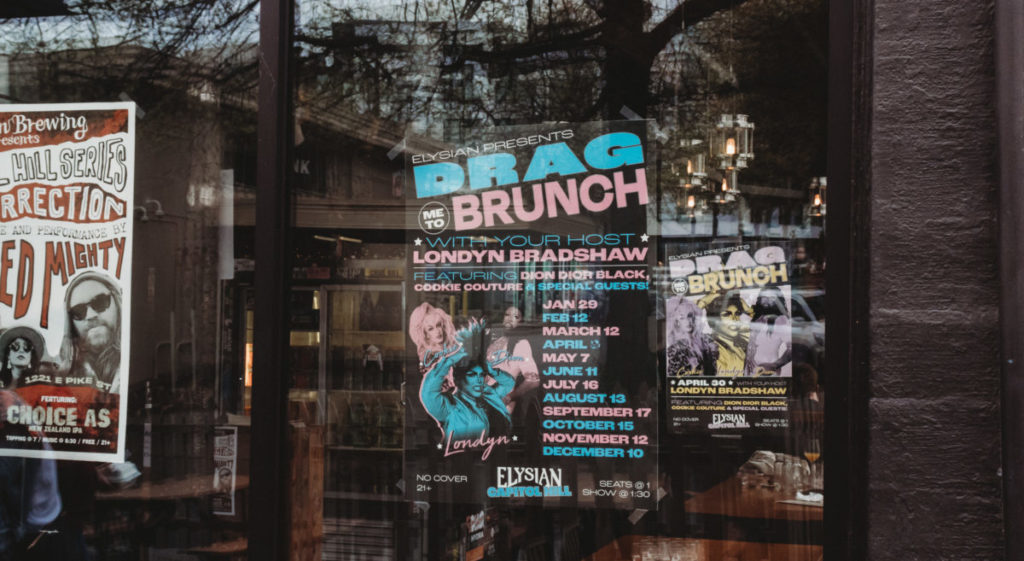
Supporting Drag
Londyn thanked Elysian Brewery for offering a space for community members and drag performers to continue enlightening everyone on how the LGBTQ+ community is one that doesn’t dare to fade into the shadows.
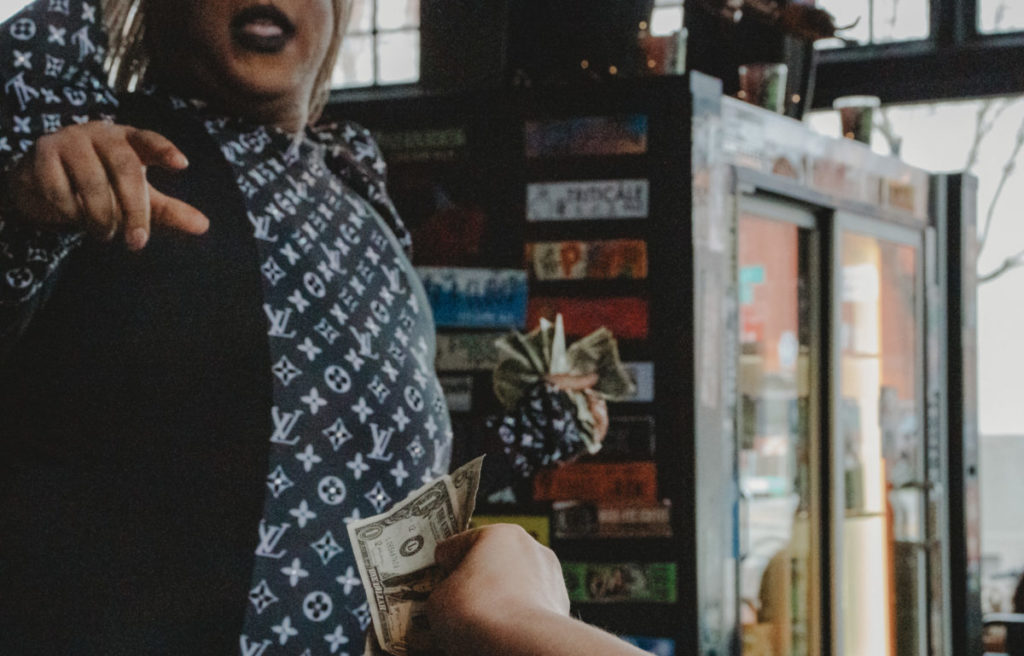
Drag has become popular in mainstream media with shows like “Ru Paul’s Drag Race“, “We’re Here“, and many more. From the Drag Race series also comes international variations that have spread overseas: places like the United Kingdom, Thailand, Canada, and Australia.
As many households of different demographics continue to discover and enjoy drag performances, the current political climate in conservative states continues to upend freedom of expression into bans that seek to overcome the culture that is drag.
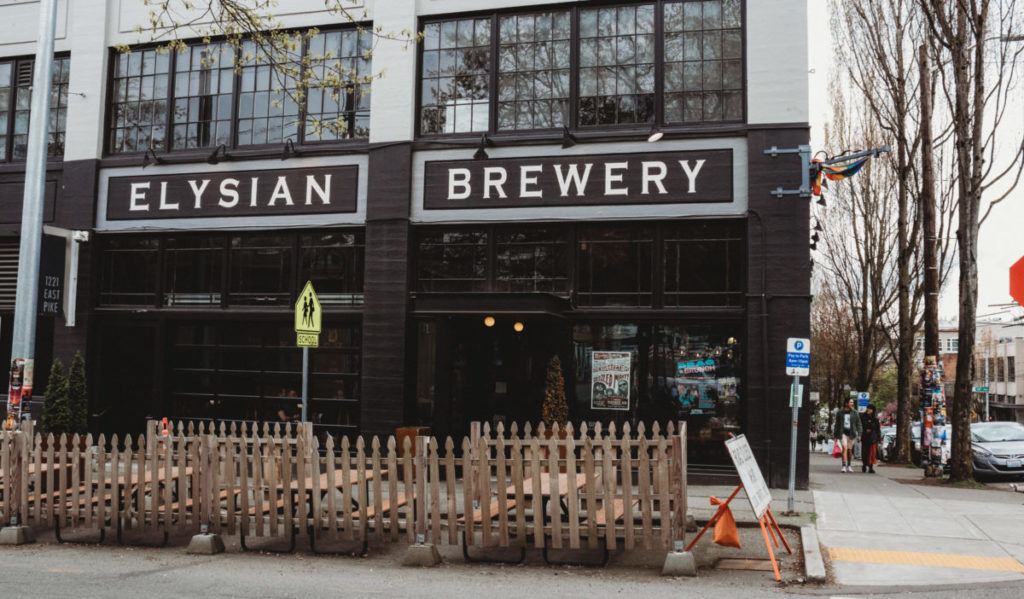
Before finishing up with Cookie, I asked what not only our community can do to continue spreading awareness, but what actions that fans of drag culture can do to stay aware and support.
“It’s so easy to get distracted, because it seems like new stuff like this pops up all the time. Just remember to sort of check in… I wonder what’s going on in Tennessee, you know, local research, whatever to try and not get sidetracked. Share information and double check your sources.”
She mentions how many drag performers have been broadcasting the Drag Defense Fund, created by the American Civil Liberties Union to continue fighting back against bills disrupting freedom of expression and creating biased censorship against performers continuing to advocate for their communities.

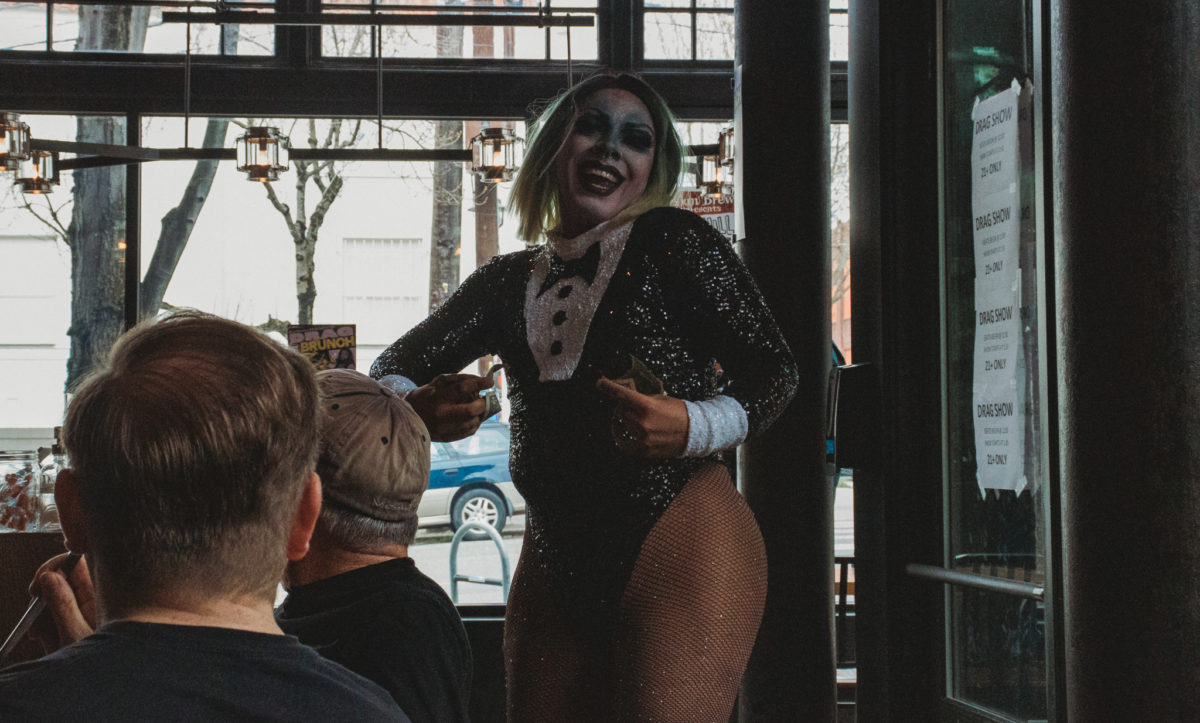





Be First to Comment